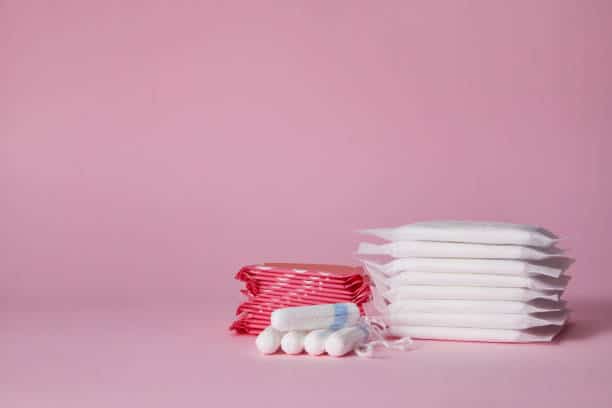The study revolved around napkins from 10 brands and all of them contained phthalates and VOCs. 25 types of phthalates were tested out of which 12 of them were present in all the samples.
National Family Health Survey reports revealed that 64% of the women aged between 15 to 24 use sanitary napkins, which counts to three out of every four teenage women in India use these napkins.
Phthalates are esters of phthalic acids. They are mainly substances that are added to plastics to alleviate their transparency, flexibility, durability, and are usually used in cosmetics. They are responsible for damaging the reproductive system, kidney and liver.

Whereas VOCs are mostly human made chemicals that are used in the manufacturing of paints, pharmaceuticals and refrigerants., which may cause respiratory disease, neurological disorders, cancer and this also has adverse effects on reproductive systems.
Dr. Mehrotra added that VOCs are used in these products to add fragrance, but this might hamper the pH level which leads to allergic reactions, itching and infections.

Why are these chemicals added to the product?
Dr. Mehrotra, the programmer coordinator of this study said that most chemicals make the sanitary napkins more elastic, but it is also responsible for causing health problems like PCOS, endometriosis, which in turn changes the hormonal functioning of the body. Phthalates tend to lose out and are not bound to the product. The vaginal composition has high permeability which means that these toxins can easily penetrate through their walls at a higher rate.
Why are napkins harmful to our environment?
Most of the sanitary napkins are made from single-use plastics and conventional cotton. There is a huge carbon footprint that goes while making this product, and when they are littered they cause an immense harm to the water bodies and aquatic life.
Five environment friendly alternatives
- Menstrual cup
- Cloth pads
- Period panties
- Menstrual sponges
- Menstrual disc













